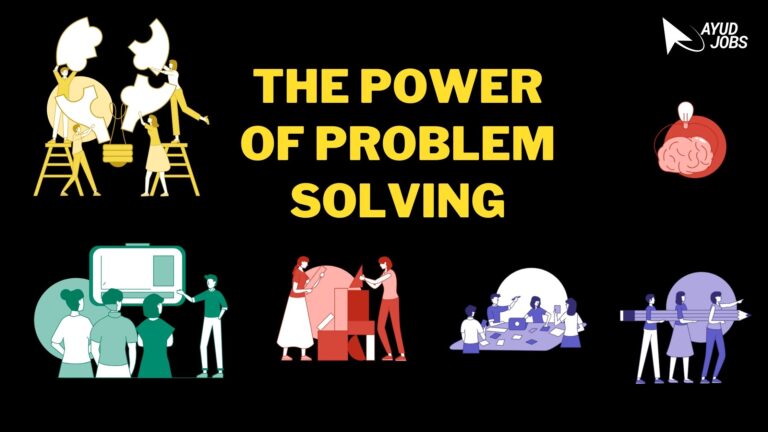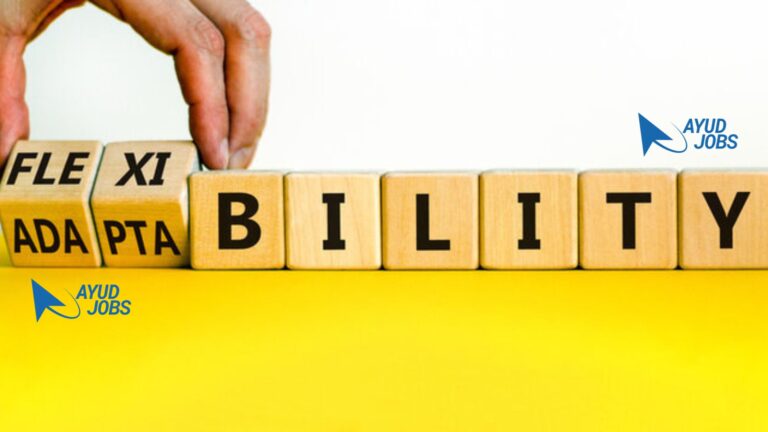Stress Management: Effective Strategies for a Balanced Life
Stress Management: Effective Strategies for a Balanced Life
Stress is an inevitable part of life. Whether you’re a student, a professional, or someone juggling multiple roles, stress can affect your well-being. However, learning how to manage stress effectively can make a significant difference in your overall health and happiness. Stress Management: Effective Strategies for a Balanced Life. In this blog, we will explore various coping strategies, the practice of mindfulness, and how to balance work and personal life.
Understanding Stress
Stress is the body’s response to any demand or challenge. It can be positive, helping you stay alert and ready to avoid danger, or negative when it overwhelms you and affects your health.
The Impact of Stress
Chronic stress can lead to serious health problems such as heart disease, high blood pressure, diabetes, depression, and anxiety. Understanding the impact of stress on your body and mind is the first step in managing it effectively.
Coping Strategies for Stress Management
Identify Stressors
The first step in managing stress is to identify what is causing it. Stressors can be physical, such as illness or injury, or emotional, like work pressure or relationship issues.
Develop Healthy Habits
Exercise Regularly: Physical activity can help reduce stress hormones and trigger the release of endorphins, which are natural mood lifters.
Eat a Balanced Diet: Nutrition affects your ability to cope with stress. Eating a balanced diet provides the energy you need to deal with stressful situations.
Get Enough Sleep: Lack of sleep can increase stress levels. Aim for 7-9 hours of sleep per night to help your body recover and rejuvenate.
Time Management
Managing your time effectively can reduce stress. Prioritize tasks, set realistic deadlines, and break large projects into smaller, manageable steps.
Seek Support
Talking to friends, family, or a professional counselor can provide emotional support and help you gain perspective on stressful situations.
Practice Relaxation Techniques
Deep Breathing: Take slow, deep breaths to help calm your mind and reduce stress.
Progressive Muscle Relaxation: Tense and then slowly release each muscle group in your body to help relieve physical tension.
Visualization: Imagine a peaceful scene to help relax your mind and body.
Mindfulness: A Powerful Tool for Stress Management
What is Mindfulness?
Mindfulness is the practice of being present in the moment and fully engaging with whatever you are doing. It involves paying attention to your thoughts, feelings, and sensations without judgment.
Benefits of Mindfulness
Reduces Stress: Mindfulness helps you focus on the present, reducing the tendency to worry about the past or future.
Improves Focus and Concentration: By training your mind to focus, you can improve your productivity and efficiency.
Stress Management: Effective Strategies for a Balanced Life
Mindfulness can help you manage your emotions more effectively, reducing the impact of stress.
How to Practice Mindfulness
Mindful Breathing: Focus on your breath as it goes in and out. If your mind wanders, gently bring your attention back to your breath.
Mindful Eating: Pay attention to the taste, texture, and smell of your food. Eat slowly and savor each bite.
Mindful Walking: Focus on the sensation of your feet touching the ground, the movement of your legs, and the sights and sounds around you.
Balancing Work and Personal Life
Set Boundaries
Establish clear boundaries between work and personal life. Set specific work hours and stick to them. Avoid checking work emails or taking work calls during personal time.
Prioritize Self-Care
Make time for activities that you enjoy and that help you relax. This could be anything from reading a book to going for a walk or spending time with loved ones.
Learn to Say No
It’s important to recognize your limits and not take on more than you can handle. Learning to say no can help you avoid overcommitment and reduce stress.
Delegate Tasks
If you have too much on your plate, delegate tasks to others. Whether at work or at home, sharing responsibilities can lighten your load and reduce stress.
A Real-Life Example: Sarah’s Story
Sarah, a marketing executive, found herself overwhelmed with work and personal responsibilities. She was constantly stressed and felt like she was failing at everything. Sarah decided to make some changes. She started by identifying her stressors, which included long work hours and a lack of time for herself.
Sarah implemented time management strategies, setting specific work hours and sticking to them. She also began practicing mindfulness, starting with mindful breathing exercises each morning. Additionally, Sarah made a conscious effort to balance her work and personal life by setting boundaries and prioritizing self-care.
Over time, Sarah noticed a significant reduction in her stress levels. She felt more in control of her life and was able to enjoy her work and personal time without feeling overwhelmed.
Conclusion
Stress management is essential for maintaining a healthy and balanced life. By identifying stressors, developing healthy habits, practicing mindfulness, and balancing work and personal life, you can effectively manage stress and improve your overall well-being. Remember, it’s important to take small steps and be patient with yourself as you implement these strategies.
#StressManagement #Mindfulness #WorkLifeBalance #HealthyHabits #MentalHealth #SelfCare #TimeManagement #StressRelief #Wellbeing #MindfulLiving #gotestit #ayud #ayudian #ayudjobs

GoTestIt – Soft Skills / Coping Strategies
GoTestIt – Soft Skills / Mindfulness
GoTestIt – Soft Skills / Balancing Work and Personal Life
Mastering Knowledge with GoTestIt: The Ultimate Self Evaluation Tool
Exploring the Mind and Awareness: Understanding the Relationship and Cultivating Mindfulness.







